Professional Certification In Data Science – What You Need To Know?
4.9 out of 5 based on 7655 votesLast updated on 16th Jan 2024 9.5K Views
- Bookmark

Data Science Certification: Master advanced analytics, machine learning, and big data skills for impactful decision-making in diverse industries.

TOC:
This blog covers the fundamentals of data science, the significance of certifications, choosing the right certification path, and job prospects, and highlights top offerings, particularly from Croma Campus.
- Introduction
- What is Data Science?
- About Data Science Certifications
- Choosing the right Data Science Certification
- Do I need a certification to get a job?
- Top Data Science Certifications from Croma Campus
- Summary
Introduction:
In the dynamic world of data science, certifications stand as significant milestones, validating expertise and commitment in this ever-evolving field. Among the plethora of available certifications, the Advanced Certificate Program in Data Science Course shines as a premier choice, offering immersive learning experiences and practical skill acquisition crucial for excelling in the data-driven world.
About Data Science: Deciphering Insights from Information
Data science is a multifaceted discipline that involves extracting meaningful insights from vast datasets. By merging statistical analysis, programming proficiency, and domain expertise, data scientists unravel intricate patterns and translate raw data into strategic business assets. Its allure lies in transforming complex data into actionable intelligence, empowering informed decision-making across industries.
- Statistical Prowess: Statistical methodologies form the bedrock for uncovering trends, correlations, and predictive models within datasets.
- Programming Fluency: Proficiency in languages like Python, R, or SQL enables efficient data manipulation and analysis.
- Domain Knowledge Integration: Understanding industry intricacies contextualizes data analysis, ensuring insights align with organizational goals.
- Visual Storytelling: Competence in data visualization tools like Tableau or Matplotlib aids in presenting complex findings in easily digestible formats.
Embracing data science unlocks a world where data transcends mere numbers, driving innovation and strategic decision-making across diverse sectors.
About Data Science Certifications: Validating Expertise and Commitment
In a landscape evolving at breakneck speed, data science certifications serve as pivotal endorsements of one's proficiency and dedication in this field. While practical experience remains essential, certifications amplify credibility and demonstrate a commitment to continuous learning and skill enhancement.
- Credibility and Endorsement: Certifications validate competence, serving as credentials that highlight dedication and mastery in data science.
- Structured Learning Paths: They provide structured curriculums aligned with industry demands, guiding learners through comprehensive content.
- Standardized Assessments: Certifications conduct standardized evaluations, ensuring uniform benchmarks for proficiency assessment.
- Career Advancement: Certifications enhance employability, distinguishing candidates in a competitive job market and expanding career opportunities.
Choosing the Right Data Science Certification: A Strategic Decision
Selecting the ideal Data Science Certification necessitates a thorough evaluation of various factors to align with personal goals and career aspirations. Consider the following points:
- Curriculum and Content: Evaluate the breadth and depth of the curriculum, ensuring it covers essential topics and practical applications.
- Accreditation and Recognition: Always opt for certifications recognized within the industry to ensure credibility and relevance.
- Reviews and Reputation: Research reviews and testimonials to gauge the certification's reputation and effectiveness.
- Cost and Resources: Consider the cost-benefit ratio, assessing the value offered in terms of resources, support, and practical learning.
- Industry Alignment: Choose certifications that align with specific career paths or industries of interest.
Selecting the right data science certification marks a pivotal step toward career advancement and professional growth. It's an investment in knowledge and expertise, guiding individuals toward success in the burgeoning field of data science.
Do I Need a Certification to Secure a Job in Data Science?
The quest for a data science career often raises questions about the significance of certifications in landing coveted roles. Certifications, though not a direct ticket to job offers, are instrumental in cultivating the essential skills sought after in the data science realm.
Acquiring Crucial Skills:
Data scientists thrive on a rich blend of statistical analysis, machine learning, data visualization, programming, and more. Proficiency in these areas, coupled with familiarity with prevalent data science tools and libraries, sets the stage for a competitive edge.
Certification programs offer a structured and coherent path to acquiring these indispensable skills. They serve as comprehensive educational avenues, imparting theoretical foundations alongside practical applications – an essential blend for success in the data-driven landscape.
Preparing for Job Interviews:
The interview process for data science roles focuses keenly on assessing practical skills and problem-solving capabilities. Candidates are expected to demonstrate their proficiency in statistical modeling, data manipulation, and articulation of solution methodologies.
Certification programs play a pivotal role in refining these skills. They provide candidates with scenarios and challenges akin to real-world problems, preparing them to tackle and communicate solutions effectively during interviews.
Credentials and Academic Landscape:
Statistics reveal that a considerable percentage of data scientists possess formal degrees, with 51 percent holding a bachelor’s and 34 percent having a master’s degree. However, the industry is evolving, acknowledging the prominence of practical experience and hands-on skills.
The landscape allows for aspiring data scientists to secure roles based on demonstrated expertise, irrespective of formal degrees, emphasizing the growing importance of practical proficiency.
You May Also Read:
Python Programming for Beginners
Python Interview Questions and Answers
Data Science Interview Questions and Answers
Top Data Science Certifications from Croma Campus
- Data Science Certification Training: This intensive program offers a broad spectrum of topics, encompassing machine learning, data visualization, big data, and more. It provides a well-rounded foundation to tackle real-world data challenges.
- Advanced Certificate Program in Data Science: Tailored for individuals seeking an in-depth understanding, this program delves into advanced concepts, equipping learners with specialized skills and knowledge necessary for niche roles in the data science domain.
- Professional Certification in Data Science: Highlighting Google's Data Analytics Professional Certificate program, this certification is designed to impart practical skills aligned with Google's industry-recognized expertise, enhancing employability in data-driven organizations.
- Data Science with Python Program: Focused on Python's pivotal role in data science, this program sharpens skills in data manipulation, analysis, and visualization using Python tools and libraries, empowering learners with proficiency in a versatile language.
Conclusion:
Certifications like the Advanced Certificate Program in Data Science and Professional Certification in Data Science play pivotal roles in validating expertise. Croma Campus emerges as a premier partner in this realm, offering industry-aligned programs that provide immersive learning experiences essential for excelling in data science.
These certifications signify not just knowledge but a commitment to continual learning, amplifying credibility and paving paths for career advancement. In a landscape where practical skills are paramount, Croma Campus certifications, including the mentioned programs, bridge the gap between theory and application, empowering individuals with the prowess needed to thrive in the data-driven world.
Subscribe For Free Demo
Free Demo for Corporate & Online Trainings.
Your email address will not be published. Required fields are marked *


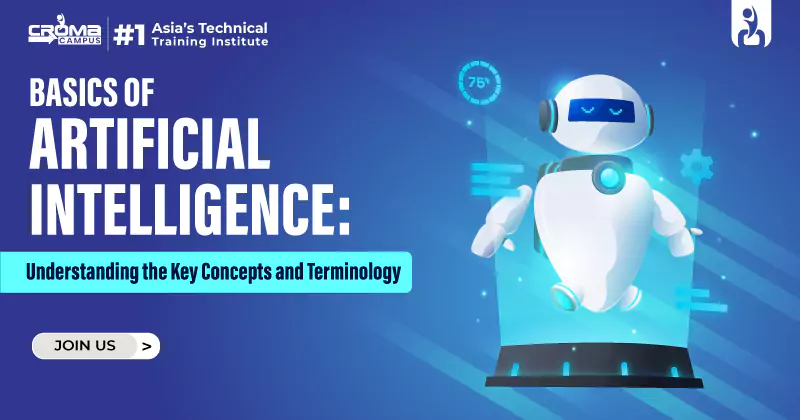
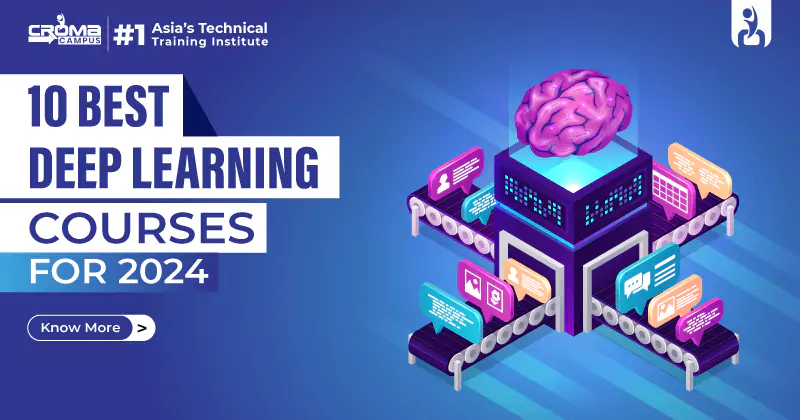


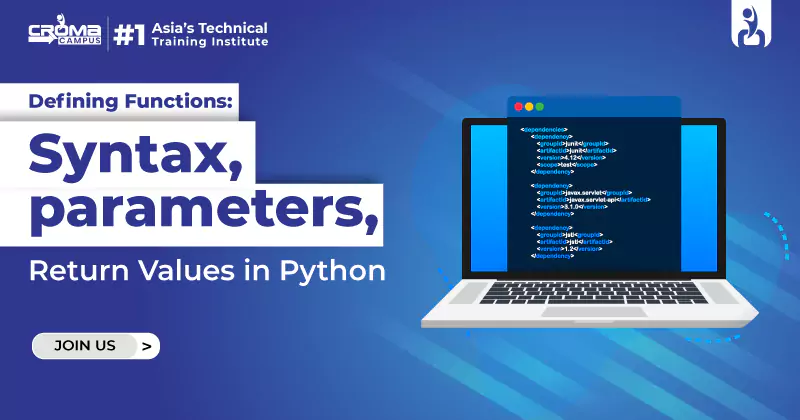
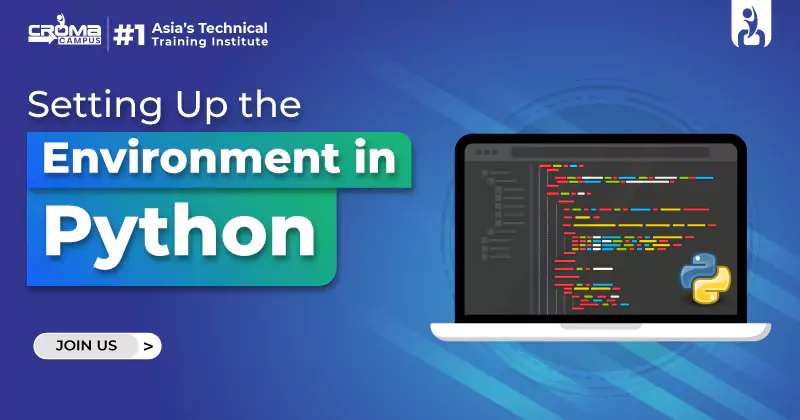
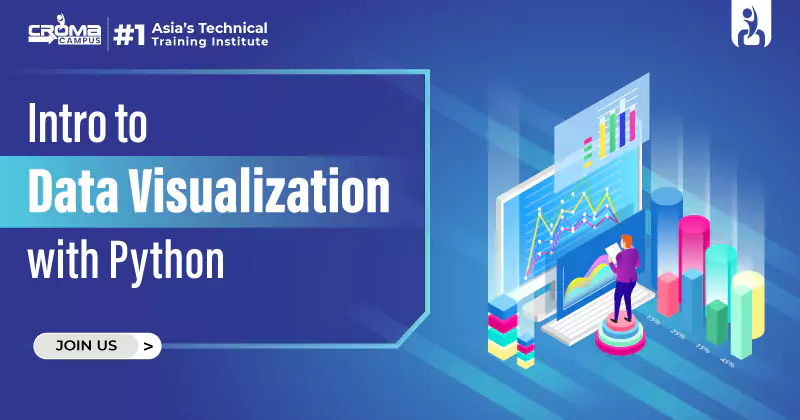
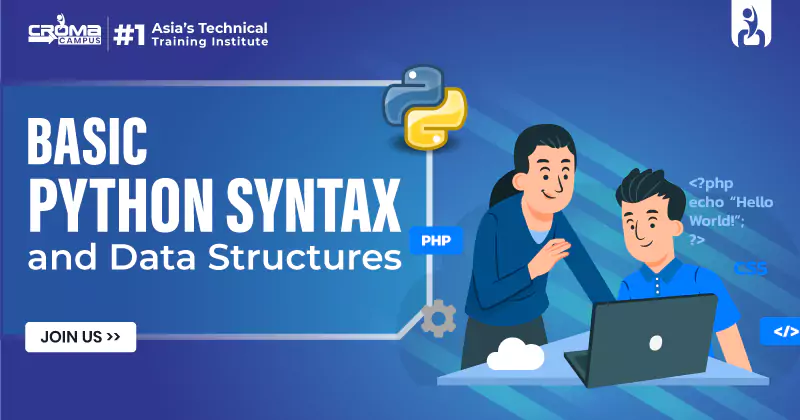

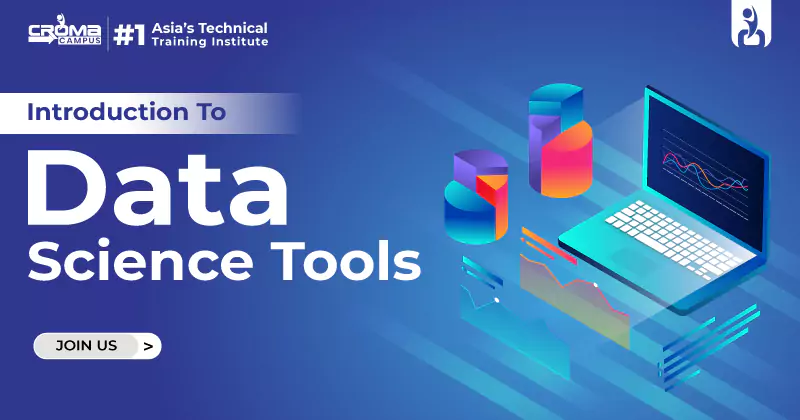









 Master in Cloud Computing Training
Master in Cloud Computing Training